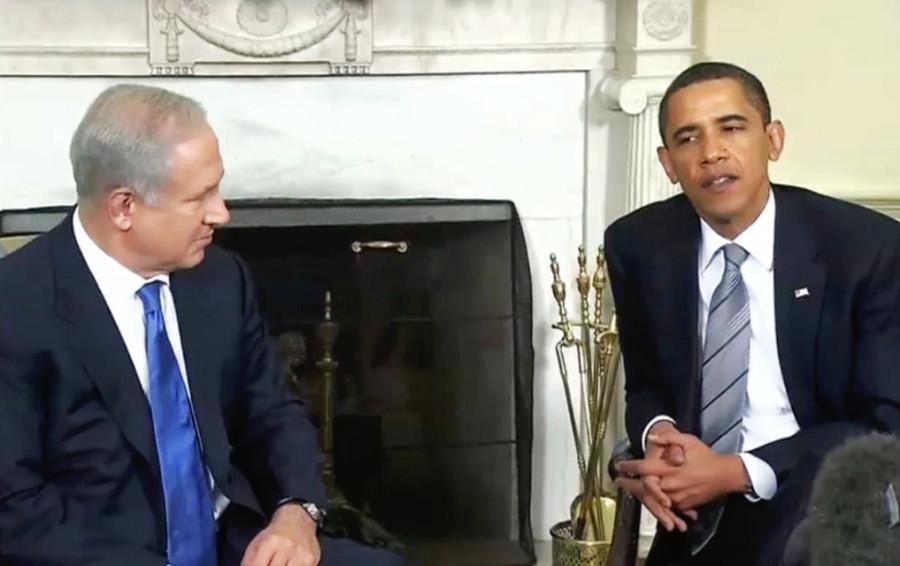During an Oval Office meeting with Israel Prime Minister Benjamin Netanyahu on Nov. 9, President Barack Obama discovered that two Americans had been killed in a shooting in Amman, Jordan on the same day prior to the meeting .
Obama held a summit with Netanyahu in the White House. It was the first meeting between the two after the U.N. Iranian nuclear deal that had caused a gap to form between the two administrations. After Netanyahu’s previous criticisms of Obama in October, tensions were high as the two tried to reach common ground.
“We take this very seriously,” said the president in response to the attacks in Jordan when addressing the press. “We will condemn the strongest terms to Palestinian violence.”
Likewise, Netanyahu also expressed his concerns for the security of both Americans and Israelis. The prime minister established that Israel would not hesitate to protect themselves, but would still seek peace with neighboring countries.
“I don’t think anyone should doubt Israel’s determination to defend against destruction against terror,” said Netanyahu in a televised meeting with the President. “[Israel has the] willingness to make peace with its neighbors. We will never give up hope for peace.”
It was later revealed that the attacker in Amman was dressed in a military uniform and killed two Americans, a South-African and two Jordanians according to CBS News.
Obama supported Netanyahu during the conference in his efforts to gain greater security for Israel, and promised that it was in the United State’s best efforts to help protect Israeli citizens. The President also stated that he wanted to lower the tensions inside Israel and Palestine. In previous years, intifadas from Palestine had caused damage to both sides, and with tensions once again increasing, this may occur once more.
“I think there will always be conflict between Israel and Palestine,” said Marcello Di Cicco, a history teacher at Carlmont High School. “With the U.S. still giving constant support to Israel, I feel that there will be large hostility towards the U.S. in Palestine.”


